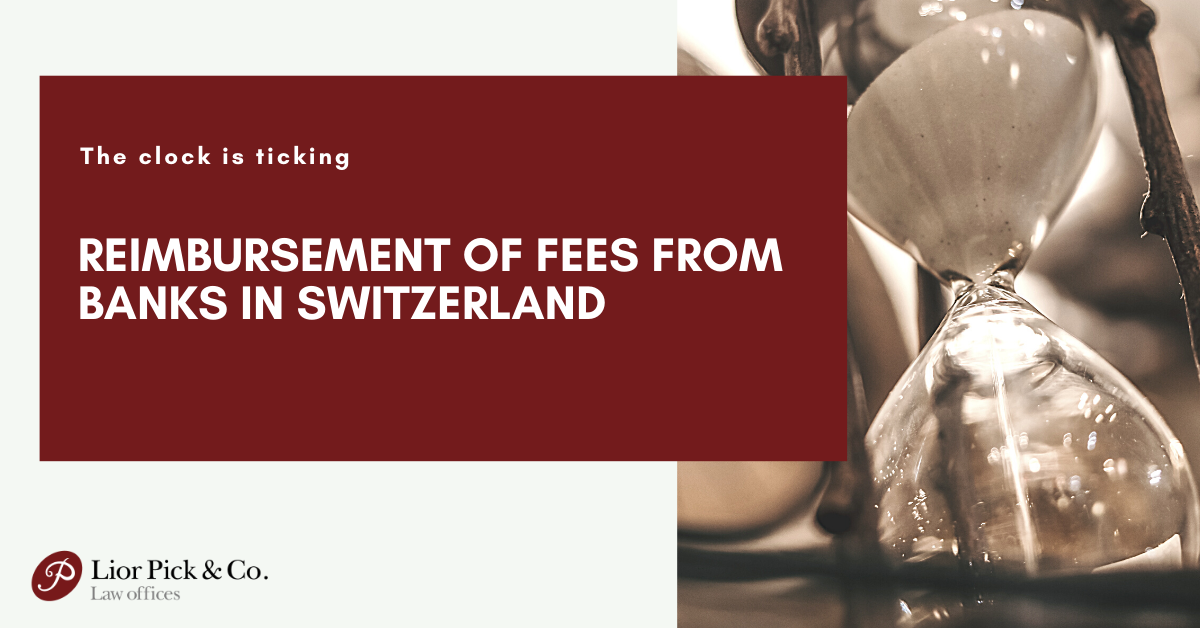Lior Pick, Attorney-at-Law, CPA
One of the most significant amendments included in the Arrangements Law for 2011-2012 involves a material alteration to the Encouragement of Capital Investments Law, 5719 – 1959 (hereinafter – “the law” or “the amendment” according to relevance), commencing on January 1, 2011 (hereinafter – “the relevant date”).
As a part of the amendment, all the taxation channels that have applied up to the relevant date have been abolished and a consolidated and reduced taxation rate has been determined for industrial companies, which comply with the prescribed export conditions.
Furthermore, in “Development Area A”, both reduced taxation and grant benefits shall be applicable jointly.
The Tax Benefit Channels
All the tax benefit options that existed up to the relevant date pursuant to the law have been abolished and a consolidated taxation reduction channel has been determined for companies, which own industrial plants that comply with export conditions regarding: all their earnings from productive operations (hereinafter “preferred companies “and “preferred plants” according to relevance).
The Prescribed Taxation Rates:
In 2011-2012 – A taxation rate of 10% in “Development Area A” and 15% in the other areas.
In 2013-2014 – The taxation rate will be 7% in “Development Area A” and 12.5% in the other areas.
From 2015 onwards – the taxation rate will be 6% in “Development Area A” and 12% in the other areas.
Indubitably, reference is to the lowest taxation rates in the world.
The benefit period is not limited and shall apply for as long as the legislation is in force and the companies comply with the law’s provisions.
As a rule, the export conditions for preferred plants will be examined in regards to the plant’s total sales turnover with a minimal export volume requisite of 25% of the preferred plant’s total sales (relating to direct exports exclusively).
It has been determined that “preferred revenue,” relates exclusively to revenue from Israel operations.
Preferred companies shall be entitled to accelerated depreciation pursuant to the rates prescribed in Section 42 of the law for the productive assets that the preferred plant uses, i.e. machinery and equipment – 200% of the provisions in the Depreciation Regulations regarding buildings – 400% of the provisions in the Depreciation Regulations.
Mines, quarrying plants and crude oil exploration and production enterprises have been excluded from the definition of an “industrial plant.” Revenues from mining, quarrying companies and oil exploration and production enterprises have been excluded from the definition of “preferred revenues.”
The law shall also apply to registered partnerships in which all the partners are companies incorporated in Israel, but fully government owned companies shall not be entitled to the benefits by virtue of the law.
Furthermore, there shall be an exemption on inter-company dividend distributions to Israeli companies, which have preferred earnings sources.
The taxation rate on a dividend to an individual shall be only 15% (for both Israeli and/or foreign residents).
A taxation benefit channel has been determined for “special preferred plants” (“giant plants”) in which the taxation rate shall be 5% and 8% in Development Area A and the remaining areas respectively for a period not exceeding 10 years, subject to compliance with the other terms and conditions specified in the law.
The Grants Course
The provision preventing multiple benefits has been abolished. Consequently, industrial plants that comply with the export conditions can benefit simultaneously from both the grants and taxation benefits courses.
Should a company not comply with the export conditions in relation to the plant’s total sales, it would only be entitled to grants if it exports 25% of the turnover increment (similarly to the old law). I.e. for the purposes of receiving a grant, complying with one of the two export conditions below would be sufficient: (1) The export condition relating to the total turnover from productive operations or (2) The export condition relating to the increase in the turnover only.
Entitlement to an investment grant shall be limited to industrial plants that are located in Developments Area A only.
Determinations made by the Investments Centre or the Taxation Authority relating to a plant being an ” industrial plant” shall be binding on each of these bodies. These determinations shall not be binding if 5 years have elapsed from the date of granting the authorization, the material circumstances relating to the authorization have
Changed and it has come to light that the authorizing body was not given material details or was given erroneous, a false or misleading details.
A tourist enterprise that has selected the alternative benefits course shall not be entitled to the investment grant.
The law’s goals had been amended with the aim of encouraging capital investments and economic initiatives. Consequently preference shall be given to inventiveness and operations in development areas for the purposes of:
Taxation benefits regarding rental buildings, pursuant to Chapter Seven 1 of the law, have not been amended.
Jerusalem has been defined as Development Area A for science-based and high-tech plants, including other industrial plants located in the industrial zone on an area exceeding 100 dunams (approx. 21.7 acres).
The new tax benefits course shall apply to revenues generated from the 2011 taxation year onwards.
Companies, to which benefits pursuant to the old law had applied, are entitled to request that the new law shall apply to them, by waiving continuance of the directives in the old law relating to the remaining benefits period.
The aforementioned contains nothing to serve as an opinion and/or an alternative to individual legal taxation advice. We will be happy to be at your disposal for any queries and or explanations regarding this or any general matter. Our office specializes in taxation advice (income tax, betterment tax, VAT) and also accompanies real estate, company and international transactions.

In 2012, the Federal Supreme Court of Switzerland ruled that banks must reimburse their clients – among them many Israelis – who were billed […]


Force Majeure is a common clause in a contract. Many agreements include a Force Majeure clause which can, in some specific cases, cancel or […]

Virtual Currency Exchanges allows the trading and exchange of cryptocurrency (virtual currencies or utility tokens) for other cryptocurrencies or for fiat currency. Nevertheless, this […]

It is common knowledge that, as a part of the division of land estates, there are opportunities to plan taxation correctly. This is sometimes […]

“Even clients of the Swiss bank Credit Suisse received a preferred list of lawyers and accountants to perform ” voluntary disclosure ” procedures – […]

Facebook Twitter

On September the 7th, 2014, the Israeli Tax Authorities published a new Temporary Order for Voluntary Disclosure Requests authorized by the new Voluntary Disclosure […]

A. GENERAL The Tax Authorities are interested in encouraging tax-payers, dealers, individuals and functionaries in enterprises of whom violated the tax laws, to correct […]

As you know, after introducing of amendment #168 of 01.01.2007 into Israeli law on income taxation, the new immigrants and citizens who have returned […]